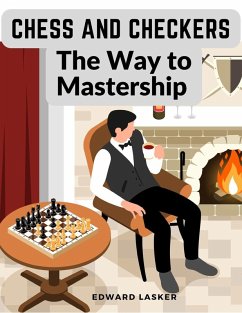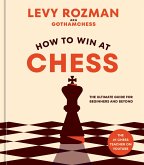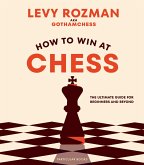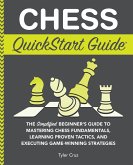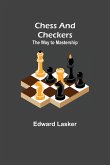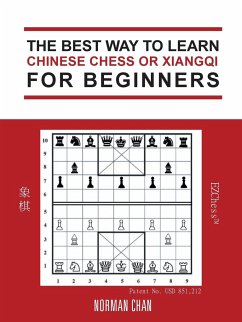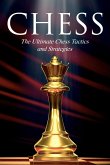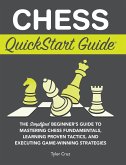The game of Chess in the form in which it is played to-day is usually assumed to be of a much older date than can be proved with certainty by documents in our possession. The earliest reference to the game is contained in a Persian romance written about 600 A.D., which ascribes the origin of Chess to India. Many of the European Chess terms used in the Middle Ages which can be traced back to the Indian language also tend to prove that India is the mother country of the game. The literature on the game of Checkers (English: Draughts) is very limited and there are no certain references to prove that the game was known before the Sixteenth Century. Two theories are current as to its origin; one of them claiming it to be a simplified Chess, the other explaining it as the result of transferring the Spanish game Alquerque de doze to the Chess board. H. J. R. Murray, the greatest authority on the history of games, considers it most likely that the game has been evolved from both Chess and Alquerque. The method of capturing men and the rule concerning the huffing of a man unquestionably point to the Spanish game, while the board, the diagonal move of the men and the idea of crowning a man are taken from Chess.
Hinweis: Dieser Artikel kann nur an eine deutsche Lieferadresse ausgeliefert werden.
Hinweis: Dieser Artikel kann nur an eine deutsche Lieferadresse ausgeliefert werden.

